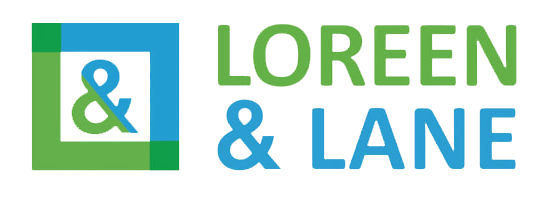Medicare provides vital health coverage for millions of older Americans and individuals with disabilities. Yet, the ever-rising cost of prescription drugs remains a significant burden for many beneficiaries. This article delves into the reasons behind increasing drug costs and explores new legislation and strategies to help Medicare recipients manage their expenses.
Why Are Prescription Drugs So Expensive?
The complex landscape of drug pricing is driven by several factors:
- Research and development: Pharmaceutical companies invest considerable resources in bringing new life-saving drugs to market, and these costs are passed on to consumers.
- Patents and exclusivity: Patents grant drug manufacturers a temporary monopoly on the production and sale of new medications, reducing competition and allowing for higher prices.
- Marketing and advertising: Pharmaceutical companies engage in extensive marketing campaigns to promote their products to doctors and consumers.
- Lack of price negotiation: Traditionally, Medicare has been prohibited from negotiating drug prices directly with manufacturers, unlike other payers like private insurance companies.
The Impact on Medicare Beneficiaries
Rapidly increasing prescription drug costs place a heavy strain on Medicare recipients, particularly those with chronic conditions who rely on multiple medications. Seniors often face difficult choices when it comes to affording necessary prescriptions, such as:
- Skipping doses or rationing: Reducing medication intake can be dangerous, leading to worsening health outcomes and complications.
- Choosing between essentials: Many are forced to prioritize medication costs over food, housing, or other necessities of life.
- Seeking cheaper alternatives from outside the U.S.: Some individuals resort to purchasing medication from international pharmacies, which poses risks due to potentially counterfeit or unsafe drugs.
The Inflation Reduction Act: A Turning Point?
The passage of the Inflation Reduction Act (IRA) in 2022 brought a glimmer of hope. Key provisions of the IRA include:
- Medicare drug price negotiation: Starting in 2026, Medicare will negotiate prices on selected, high-cost drugs. This potential for lower prices is expected to significantly benefit seniors.
- $2,000 annual out-of-pocket cap: From 2025 onwards, Medicare beneficiaries will not pay more than $2,000 in out-of-pocket costs for their prescriptions each year.
- Inflation rebates: Drug companies will be required to pay rebates to Medicare if they raise the prices of Part B and Part D medications above the rate of inflation.
Navigating Rising Costs: What Can You Do?
While the IRA promises some relief, actions you can take now to manage your prescription drug costs include:
- Talk to your doctor: Discuss alternative medications that may be equally effective but less expensive. Explore generic drug options whenever available.
- Shop around: Check prices at different pharmacies, including mail-order options, as prices can vary.
- Explore assistance programs: Programs like Medicare’s Extra Help or patient assistance programs offered by drug companies may help lower your costs. Look into the Partnership for Prescription Assistance for further resources.

The Future of Medicare and Drug Costs
The fight to reign in prescription drug costs is far from over. The full impact of the IRA remains to be seen, and advocates continue to push for further reforms. Staying informed and advocating for policy changes are crucial in ensuring access to affordable medication for all Medicare beneficiaries.
Navigating Medicare and prescription plans shouldn’t be a struggle. Get the help you deserve – don’t wait! The Retirement Answer Team will work tirelessly to find a solution that works for you. Contact our agents now to discuss your prescription costs and discover the best options for your budget and health.

